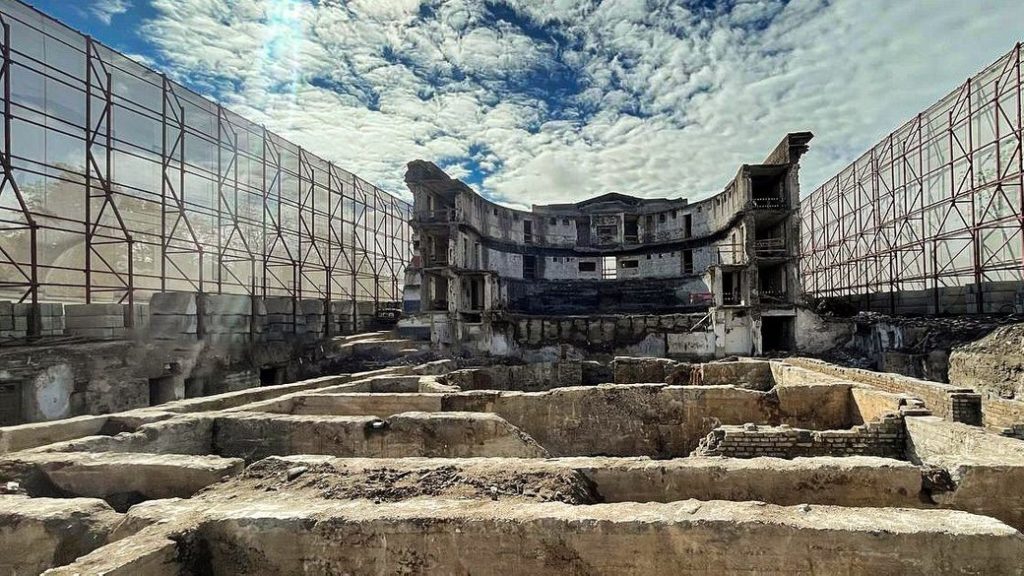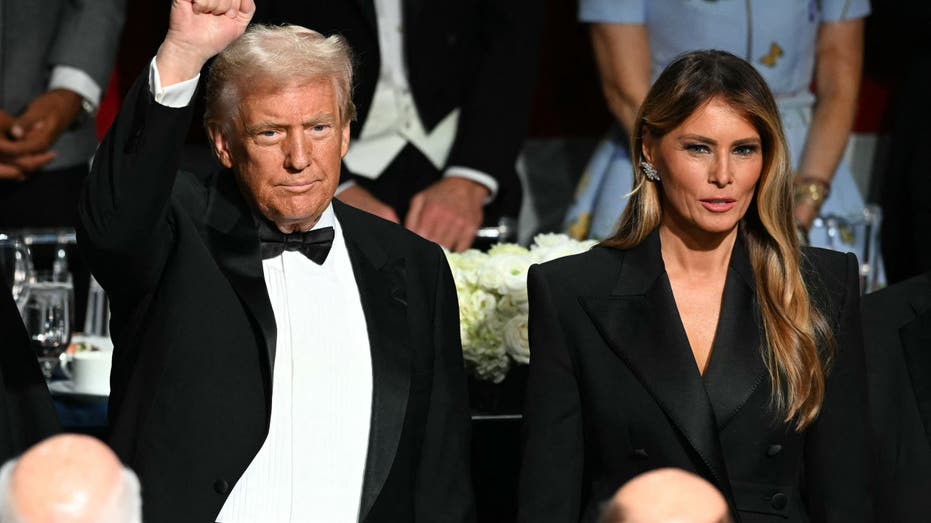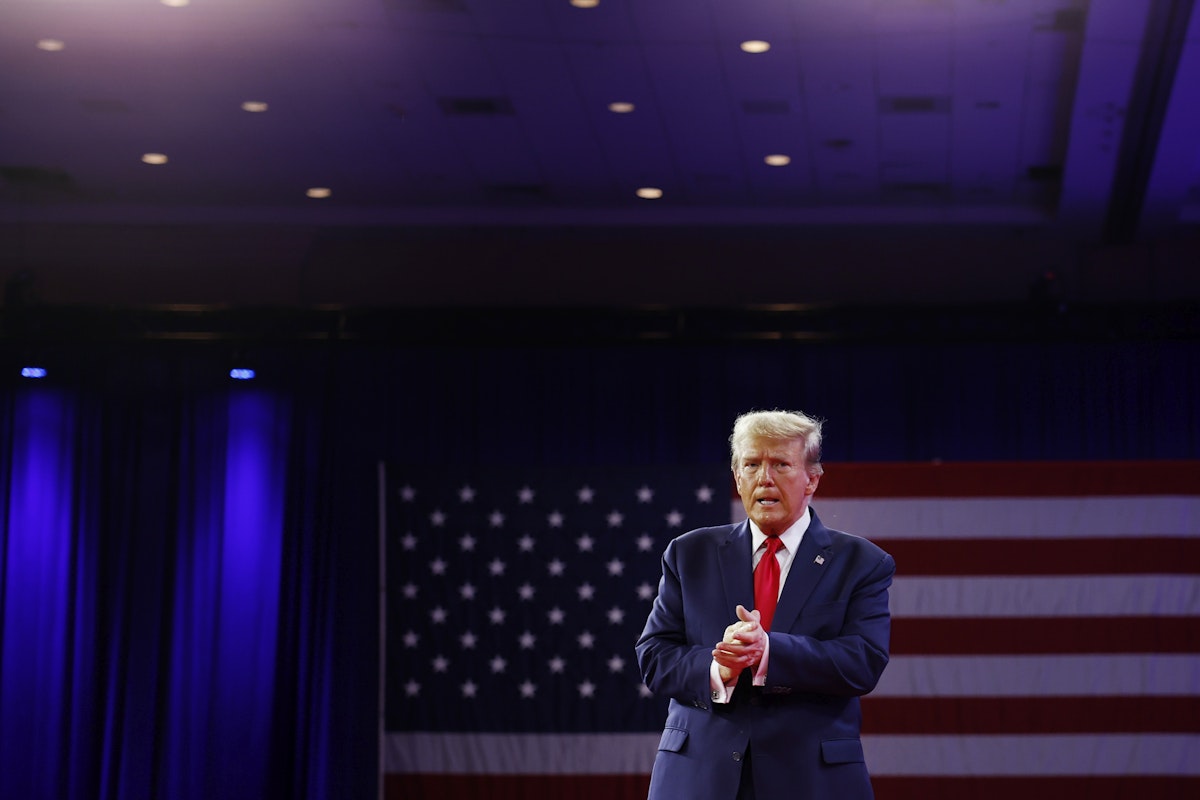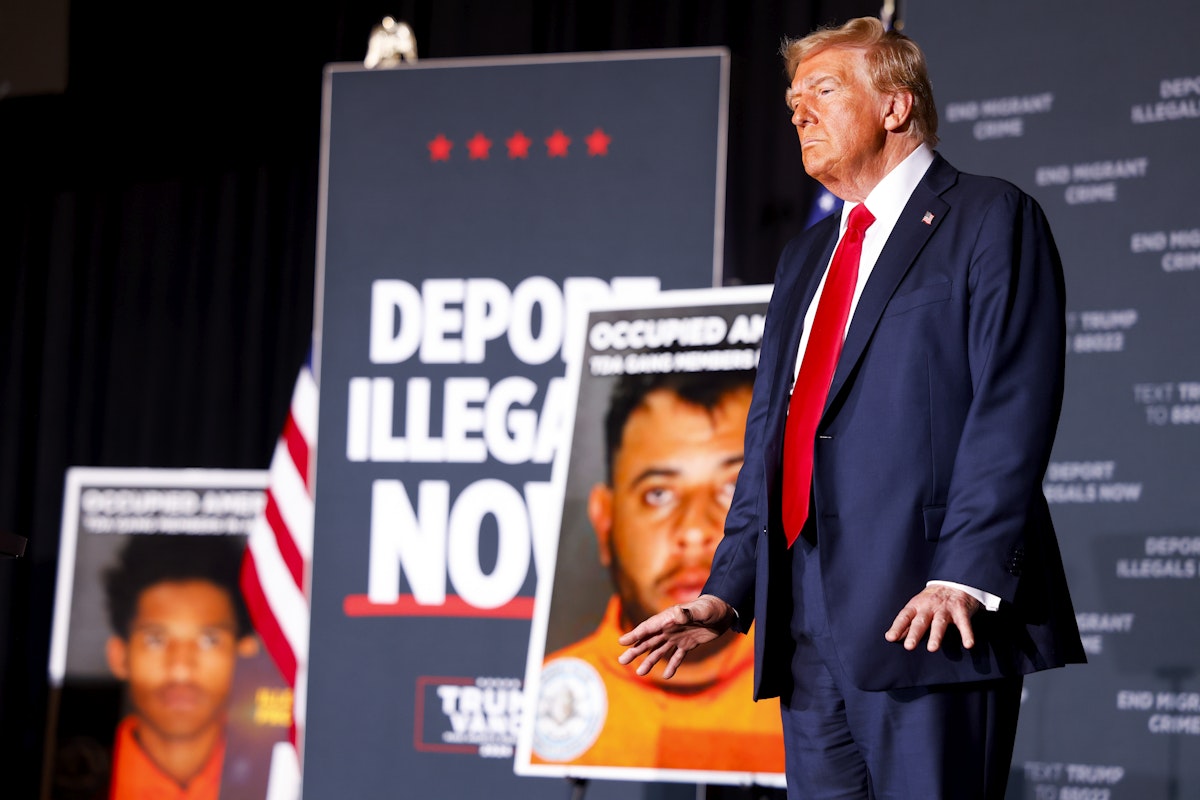Media: Investigation reveals Knauf’s role in Mariupol construction, prompting exit from Russia
The move comes after reports that Russian occupation authorities are attempting to conceal their crimes in Mariupol, devastated by Russian attacks.


According to The Moscow Times, a German company, Knauf, a producer of construction materials, has announced its plans to leave Russia and transfer its business branches in the country to local management after it became known that the company was involved in construction work in temporarily occupied Mariupol.
Since 2022, Russian occupation authorities in the city have attempted to conceal their crimes in Mariupol, devastated by Russian bombardments and attacks by demolishing extensively damaged or destroyed residential buildings. Russia plans to quckly rebuild residential areas and populate empty houses where Ukrainians were killed with Russians from various regions of the country.
“In light of current events, the Knauf Group has decided to refuse its business in Russia after more than 30 years of operation,” the company said.
The management of Knauf’s Russian subsidiary will take over the business, which involves extracting raw materials and producing and selling construction materials. However, Russian authorities will still require approval to complete the deal.
In early April, journalists from the ARD Monitor published an investigation into Knauf’s involvement in the construction of occupied Mariupol, which was 90% destroyed by the Russian army in the spring of 2022.
In addition to supplying cement to Mariupol, Knauf participated in constructing residential buildings ordered by the Russian Defense Ministry. The company itself stated that it condemns Russia’s war against Ukraine and complies with all EU sanctions. Knauf’s products manufactured in Russia are intended “exclusively for the Russian market,” the company emphasized.
At the same time, Knauf was accused by the German Bundestag of “cementing Russian control in the occupied regions (of Ukraine), including in Mariupol.”
Even if building materials do not generally fall under EU sanctions, the company should be aware that it indirectly contributes to the war, noted sanctions law expert Viktor Winkler.
Knauf made its first investment in Russia in 1993 when it acquired shares in a thermal insulation and gypsum products plant in Krasnogorsk. However, in the 1970s, the company’s founders exchanged expertise with some Soviet scientists and institutes.
Currently, Knauf owns factories in Krasnodar Krai, Astrakhan, Nizhny Novgorod, Tula, Chelyabinsk, and other regions. Knauf’s enterprises produce gypsum and cement building mixtures, metal profiles, gypsum boards, mineral wool insulation, and more. The company also has mining assets.
Currently, German authorities are investigating the facts of German companies supplying materials for the “reconstruction” of temporarily occupied Mariupol.
It followed media reports about German companies’ involvement in Russian construction projects. In particular, in its investigative film, the ARD channel mentioned the leading supplier of building materials, Knauf, whose head, Nikolaus Knauf, has close personal ties to Putin.
Earlier, an advisor to Mariupol’s mayor, Petro Andriushchenko, said Russians were dismantling the “main torture facility of the city,” where Ukrainians were subjected to torment during the occupation. He explained that it was a part of the Central Police Department building, where the main filtration point for Ukrainians and the primary torture facility of Mariupol were located.
Russia destroying evidence by flattening occupied Mariupol torture site
Russian occupation authorities also dismantled the ruins of the Mariupol’s Drama Theatre, which was destroyed in a Russian air assault. The attack deliberately killed at least 300 civilians, including children, in a theatre that served as a shelter and evacuation point in the early days of Russia’s invasion.
Read more:
- “20 Days In Mariupol”: a leading contender at the Cinema Eye Awards
- Russian occupation authorities may leave residents of Mariupol without heating this winter, city council warns
- A little girl had to learn to walk again due to the stress she experienced during the Russian bombing of Mariupol
- Moscow to relocate 300,000 Russians to occupied Mariupol – Ukraine’s National Resistance Center
You could close this page. Or you could join our community and help us produce more materials like this.
We keep our reporting open and accessible to everyone because we believe in the power of free information. This is why our small, cost-effective team depends on the support of readers like you to bring deliver timely news, quality analysis, and on-the-ground reports about Russia's war against Ukraine and Ukraine's struggle to build a democratic society.
A little bit goes a long way: for as little as the cost of one cup of coffee a month, you can help build bridges between Ukraine and the rest of the world, plus become a co-creator and vote for topics we should cover next. Become a patron or see other ways to support.



